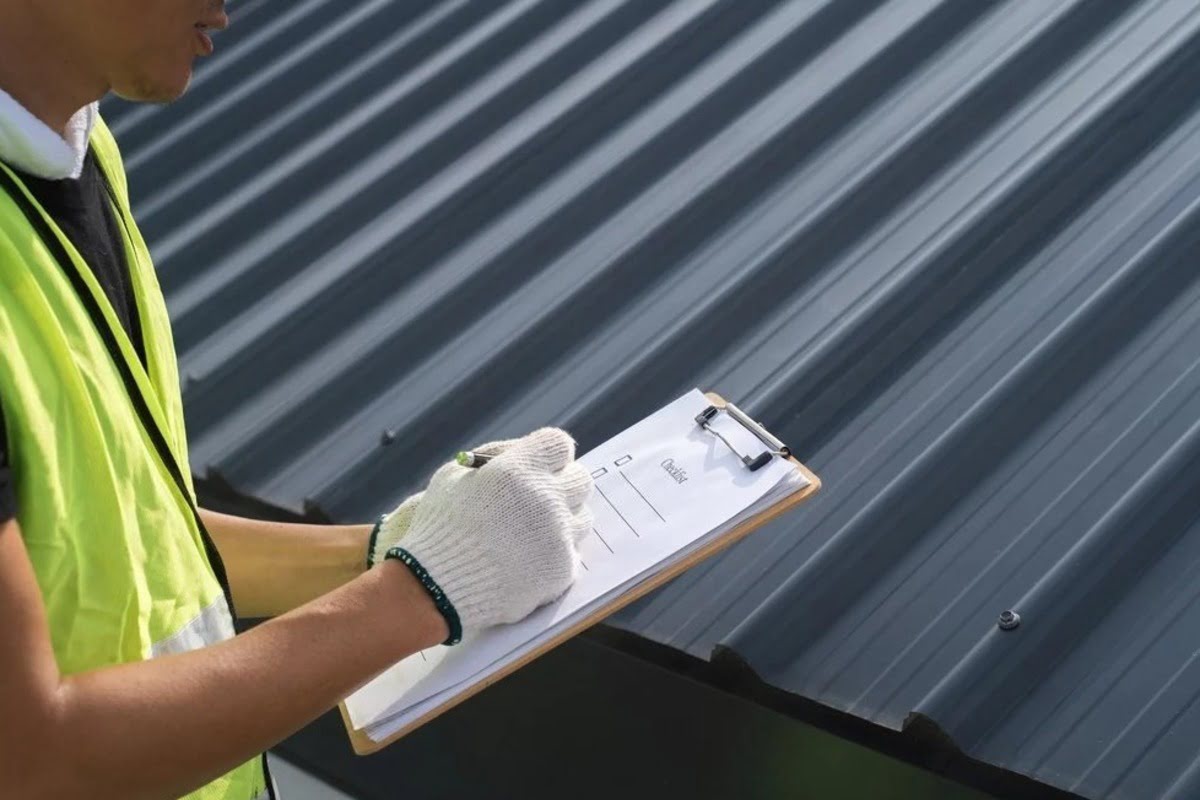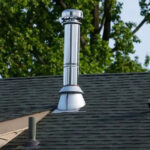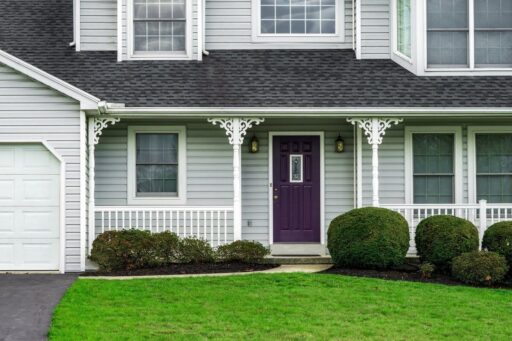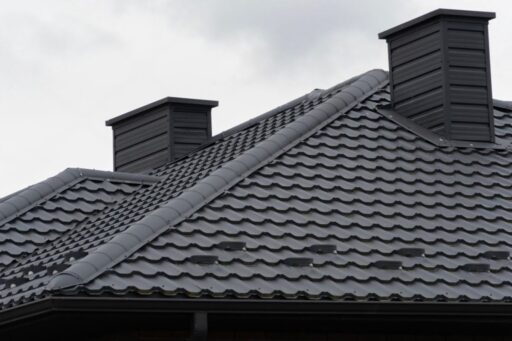Before signing any contract, you need to know exactly what questions to ask and what red flags to watch for. Many homeowners rush this decision, especially after storm damage, and end up with leaky roofs, voided warranties, or contractors who disappear after collecting payment. This comprehensive guide on how to choose a roofing contractor will walk you through 15 essential factors to consider when selecting a roofing professional.
How to Identify a Trustworthy Roofing Contractor
Choosing the right roofing contractor is essential to ensure your roof is durable, safe, and properly installed. Knowing what questions to ask and what qualities to look for helps you avoid common pitfalls and select a professional who meets your expectations.
1. How long have they been in the roofing business?
Experience is a crucial factor when selecting a roofing contractor. One of the first steps in how to choose a roofing contractor is evaluating their experience. A company with several years of experience often reflects stability, growth, and a track record of completed projects. While businesses with a decade or more in operation may offer a long-standing history, newer companies can also bring modern techniques, fresh perspectives, and strong motivation to prove their value through quality work and excellent customer service.
When evaluating a roofing contractor, ask about their experience specifically within your local area. Regional expertise helps ensure the company is familiar with climate-related roofing challenges and building codes unique to your location. Regardless of the company’s age, prioritize those that demonstrate professionalism, have completed diverse projects, and can provide references and documentation of their past work. This is a vital step in how to choose a roofing contractor.
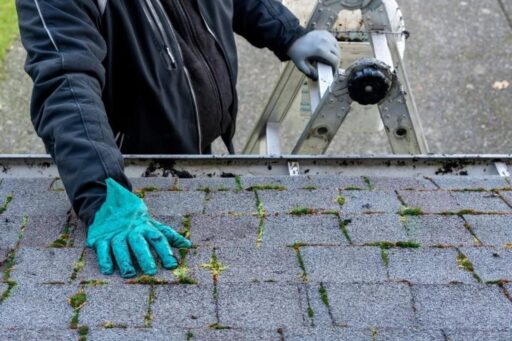
2. Do they have proper insurance coverage?
Never hire a roofing contractor without verifying their insurance coverage. At minimum, they should carry both general liability insurance and workers’ compensation. General liability protects your property if damage occurs during the project, whereas workers’ compensation covers potential injuries to workers on your property. Ask to see certificates of insurance and verify they’re current by contacting the insurance provider directly. Without proper coverage, you could be personally liable for accidents or injuries that occur on your property.
3. Are they licensed in your city or municipality?
Licensing and permit requirements vary by location, so you must verify that any contractor you’re considering holds the appropriate business licenses and necessary permits for your specific area. A business license alone may not be sufficient—roofing contractors should also comply with local building codes and regulations. Ask for proof of their licenses and permits, and verify them with your city or municipal authorities. Additionally, be cautious of contractors who claim to work “under a friend’s license,” as this practice is often illegal and a major red flag. Proper licensing is one of the most important indicators in how to choose a roofing contractor.
4. Will they provide a written estimate?
A reputable roofing contractor will always provide a detailed written estimate before beginning work. This document protects both parties from miscommunication and unexpected costs. A proper estimate should include:
- Detailed scope of work to be performed
- Materials and labour costs broken down clearly
- Project timeline with expected completion date
- Payment terms and schedule
- Information about any subcontracted work
Verbal promises mean little if problems arise later. Having everything documented gives you legal protection and clarity about exactly what you’re paying for. A clear estimate is essential in how to choose a roofing contractor.
5. Do they perform a full roof inspection before quoting?
Quality contractors will insist on performing a thorough roof inspection before providing an estimate. This inspection typically takes 1–2 hours and should examine your entire roofing system, not just the obvious problem areas. A comprehensive inspection includes checking the number of existing roof layers, roof decking condition, roofing materials, penetrations (vents, chimneys), flashing, gutters, and attic ventilation. Be suspicious of any contractor willing to quote a price without first examining these elements, as it likely indicates they’re not thorough or may hit you with “unexpected” charges later.
Understanding the Roofing System and Material Options
Your roof is more than just shingles—it’s a complex system of components working together to protect your home. A competent roofing contractor should demonstrate thorough understanding of these systems and materials, therefore helping you make informed decisions.
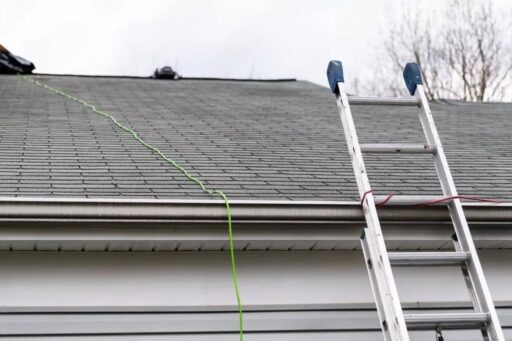
6. Do they explain how the roofing system works?
Professional roofers should explain that a complete roofing system consists of multiple components, not just the visible shingles. The system includes:
- Roof deck protection (underlayment) that provides a water-shedding secondary layer
- Leak barriers that prevent water infiltration in vulnerable areas
- Proper ventilation to control temperature and moisture
- Starter strip shingles at eaves and rake edges
- Hip and ridge cap shingles where roof planes meet
Quality contractors take time to explain how these elements work together. This matters because the primary purpose of a roofing system is to shield your home from external weather conditions, including wind, rain, hail, snow, heat, cold, and sun—both immediate and long-term impacts. Moreover, the system must efficiently shed moisture and provide insulation. Be wary of contractors who focus solely on shingles without addressing the entire system. This often indicates a superficial understanding or worse, an attempt to cut corners on essential components.
7. Can they recommend the right ice and water barrier?
Ice and water protectors (sometimes called ice and snow shields) are waterproof underlayment membranes that protect vulnerable roof areas from water damage. A knowledgeable contractor should explain:
- How these barriers are made with polymer-modified bitumen that bonds to the roof deck
- Where they should be installed (eaves, rake edges, valleys, around penetrations)
- Why they’re crucial for preventing leaks from ice dams and wind-driven rain
- The different types available (granular, smooth, and high heat)
In many parts of Canada, including areas of British Columbia, building codes or best practices often recommend or require the use of ice and water protectors—particularly in zones prone to heavy rainfall, freeze-thaw cycles, or occasional snowfall. Even where they are not strictly mandated, these barriers offer an extra layer of protection and are a smart choice for long-term roof performance. Ask your contractor about their specific recommendations based on your local climate and roof design.
8. Do they offer a variety of shingle styles and colours?
Your roof significantly impacts your home’s curb appeal and value. Trustworthy contractors should offer diverse options including:
- Different grades: 3-tab (builder grade), architectural (dimensional), and designer (luxury) shingles
- Various colours that complement your home’s architecture and exterior
- Options appropriate for your local climate conditions
The contractor should explain how different colours affect energy efficiency—lighter shades can reflect more sunlight and lower cooling costs by as much as 50°F compared to darker shingles. They should also discuss how premium shingles provide enhanced durability and esthetics. When evaluating contractors, ask to see actual shingle samples rather than just brochures or digital images. Viewing physical samples helps ensure the final result matches your expectations.
Evaluating Roofing Warranties and Installation Quality
When investing in a new roof, warranties become your financial safety net against defects and installation problems. Understanding warranty coverage is as crucial as selecting quality materials for long-term protection of your investment.
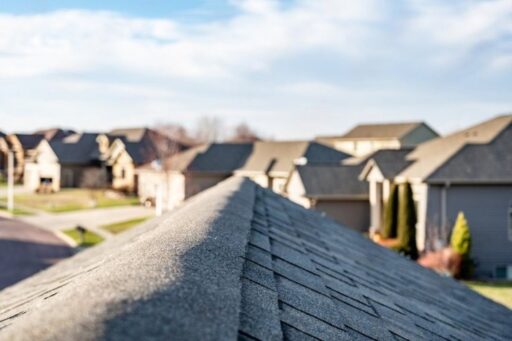
9. Do they explain the difference between product and labour warranties?
Professional roofing contractors should clearly explain the two distinct warranty types that protect your roof. Material warranties (also called manufacturer warranties) cover defects in the roofing products themselves, whereas workmanship warranties address installation errors and labour quality.
Material warranties typically come from the shingle manufacturer and protect against manufacturing defects. These warranties generally last between 10 and 30 years, though some premium options extend longer. Standard material warranties usually cover only the shingles themselves—not flashing, edging, or other components.
Workmanship warranties are provided by your roofing contractor and specifically cover installation errors. This distinction is critical since even premium materials will fail if improperly installed. Without this coverage, you could face significant out-of-pocket expenses even if your materials are under warranty.
Be aware that some homeowners mistakenly confuse labour warranties with workmanship warranties. Labour warranties cover labour costs for repairing defective materials but don’t necessarily cover installation errors. The most comprehensive protection comes when you have both types. Ask potential contractors to provide written explanations of what each warranty covers, exclusions, and how claims processes work. Understanding warranties is central to how to choose a roofing contractor.
10. Do they offer a workmanship warranty of at least 10 years?
The length of a contractor’s workmanship warranty reveals their confidence in their own installation quality. Workmanship warranties can range dramatically from 2 years to 25 years, with some contractors even offering lifetime coverage.
According to roofing experts, you should never settle for less than a 10-year workmanship warranty. This duration represents the industry standard minimum for quality contractors. Many reputable companies offer 25-year or lifetime warranties, which better protect your investment.
A longer warranty period directly correlates with contractor confidence. Ask specifically about:
- The exact length of their workmanship warranty
- Whether the warranty is transferable to new owners
- What specific workmanship issues are covered
- Any conditions that might void the warranty
A workmanship warranty is only as reliable as the company behind it. Ensure your contractor has a stable business history. Otherwise, your warranty becomes worthless if the company disappears.
Checking Reputation, Communication, and Professionalism
Beyond credentials and warranties, a contractor’s reputation and communication style often determine whether your roofing project runs smoothly or becomes a nightmare. These softer qualities frequently separate true professionals from problematic contractors.
11. Can they provide references from past clients?
Reputable roofing contractors should readily provide references from previous customers. Request at least three references to gain sufficient perspective on their work quality and service. When checking references, prepare specific questions that reveal the contractor’s true performance:
- Did the crew show respect for your property and maintain courtesy throughout the project?
- Was the job completed within the expected timeframe?
- How did the contractor handle unexpected issues or delays?
- Did the contractor remain responsive throughout the entire process?
This direct feedback from past clients offers insights that no marketing materials can provide.
12. Are they clear about project timelines?
Professional roofers should provide a detailed project timeline before work begins. This schedule typically includes daily work progression plans, expected completion dates, and contingency plans for weather delays. Ask potential contractors if they:
- Present a written schedule with specific milestones
- Explain what happens if delays occur
- Outline daily work plans and cleanup procedures
- Coordinate with you regarding access and safety concerns
This level of planning demonstrates professionalism and respect for your property.

13. Do they communicate well and answer your questions?
Effective communication forms the foundation of successful roofing projects. During initial consultations, evaluate whether contractors:
- Return calls and emails promptly
- Provide clear, detailed answers to your questions
- Explain technical concepts in understandable terms
- Listen attentively to your concerns
Establish communication expectations upfront. Quality contractors typically designate one primary contact person for your project. Poor communication often leads to disagreements, schedule overruns, and various other problems. Clear communication is a major factor in how to choose a roofing contractor.
Reviewing Payment Terms and Financing Options
Understanding payment structures and financing options can be just as important as evaluating a contractor’s workmanship when planning your roofing project. Clear financial arrangements protect both you and your contractor while ensuring your project runs smoothly.
14. Do they provide clear payment terms in writing?
Before signing any agreement, ensure all payment details are clearly documented in your contract. Professional roofers typically require a deposit upfront, ranging from 10% to 33% for medium-sized projects. Be wary of contractors requesting more than 50% upfront.
For larger projects, expect a staged payment structure that aligns with project milestones. Include these key elements in your payment agreement:
- Specific payment amounts and due dates
- Acceptable payment methods
- Conditions for final payment
- Any applicable warranties
Avoid paying in cash as it provides no paper trail or protection. Opt for checks or credit cards.
15. Do they offer financing options for your project?
With roof replacements in the Vancouver area often ranging from $12,000 to over $20,000, many homeowners seek financing support. Fortunately, many professional roofing contractors offer financing solutions through in-house programs or third-party lenders.
When evaluating financing options:
- Compare interest rates across different methods
- Understand repayment terms and monthly payments
- Check for “zero interest” promotions
- Verify whether prepayment penalties apply
A reputable contractor should clearly explain all financing plans available to you without pressuring you toward a particular option.
Final Thoughts: Make a Smart, Informed Decision
Choosing the right roofing contractor ultimately determines whether your investment becomes a source of protection and peace of mind or an ongoing headache. Quality contractors demonstrate their professionalism through proper licensing, comprehensive insurance, detailed inspections, and clear communication. They explain entire roofing systems rather than focusing solely on shingles, offer substantial warranties, and maintain transparent payment structures. Remember that the lowest bid rarely represents the best value. Contractors who cut corners often deliver substandard work that fails prematurely, negating any initial savings. Instead, prioritize contractors who provide detailed estimates, explain material options, and stand behind their work with substantial warranties.

